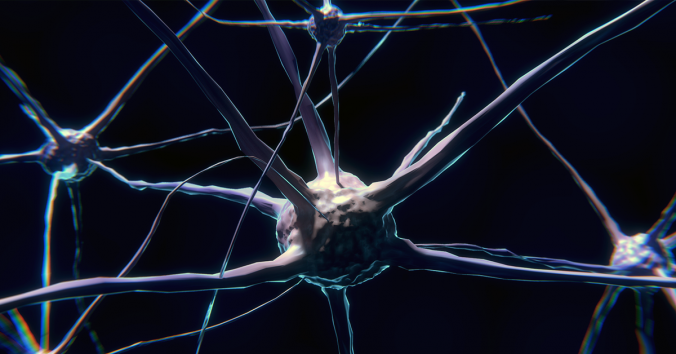Have you seen small children make repeated attempts to squeeze a square object through a round hole (plastic toy for the little ones)? You get puzzled: Do they not see that it is impossible? The object and the hole have different shapes! Sometimes adults are just as puzzling. Our intellect does not always fit reality. […]
Continue readingPage 17 of 47
To reflect ethically on what we eat has been part of Western culture for centuries. In pre-modern times, the focus was mainly on the consumption of food, although it varied whether the emphasis was on the amount of food one should eat (as in ancient Greece) or on what kind of food one was allowed […]
Continue readingThe Ethics Blog will publish several posts on artificial intelligence in the future. Today, I just want to make a little observation of something remarkable. The last century was marked by fear of human consciousness. Our mind seemed as mystic as the soul, as superfluous in a scientific age as God. In psychology, behaviorism flourished, […]
Continue readingThe one who prepares the food may announce, “The food is ready now!” when the food is ready. However, when exactly is the food actually ready? When the kitchen timer rings? The potatoes are cooked then. Or when the saucepan is removed from the stove? The cooking ends then. Or when the saucepan is emptied […]
Continue readingScientific publications often have more than one author. The authorship order then becomes a sensitive issue for academics, since it counts. A good author position counts as good scientific merit. The authorship order also determines the funding allocation to the author’s university department. A good author position gives more money to the department. The only […]
Continue readingAs neuroscience expands, the need for ethical reflection also expands. A new field has emerged, neuroethics, which celebrated its 15th anniversary last year. This was noted in the journal AJOB Neuroscience through an article about the area’s current and future challenges. In one of the published comments, three researchers from the Human Brain Project and […]
Continue readingActivities that we may want to keep apart often overlap. An example is cancer research and care. Clinical cancer centers often conduct research and recruit patients as research participants. Such research is important if we want to offer future patients better cancer treatments. However, does this also apply to patients participating in studies? Are they […]
Continue readingWhat does it mean to be contemplative? In a conversation, the philosopher Ludwig Wittgenstein addresses the issue through a contrast: professional racing motorists. A successful racing driver has one goal in mind: to break the speed record. It is not wrong to have such a well-specified goal. It is required if you want to be […]
Continue readingAfter having been the editor of the Ethics Blog for eight years, I would like to describe the research communication that usually occurs on this blog. The Ethics Blog wants to avoid the popular scientific style that sometimes occurs in the media, which reports research results on the form, “We have traditionally believed that…, but […]
Continue readingGene editing technology, which already is used to develop genetically modified organisms (GMOs), could in the future also be used clinically in humans. One such application could be genetic modification of human embryos, editing genes that would otherwise cause disease. Of course, the scenario of clinical uses of genetic modification in humans arouses deep concern […]
Continue reading







Recent Comments